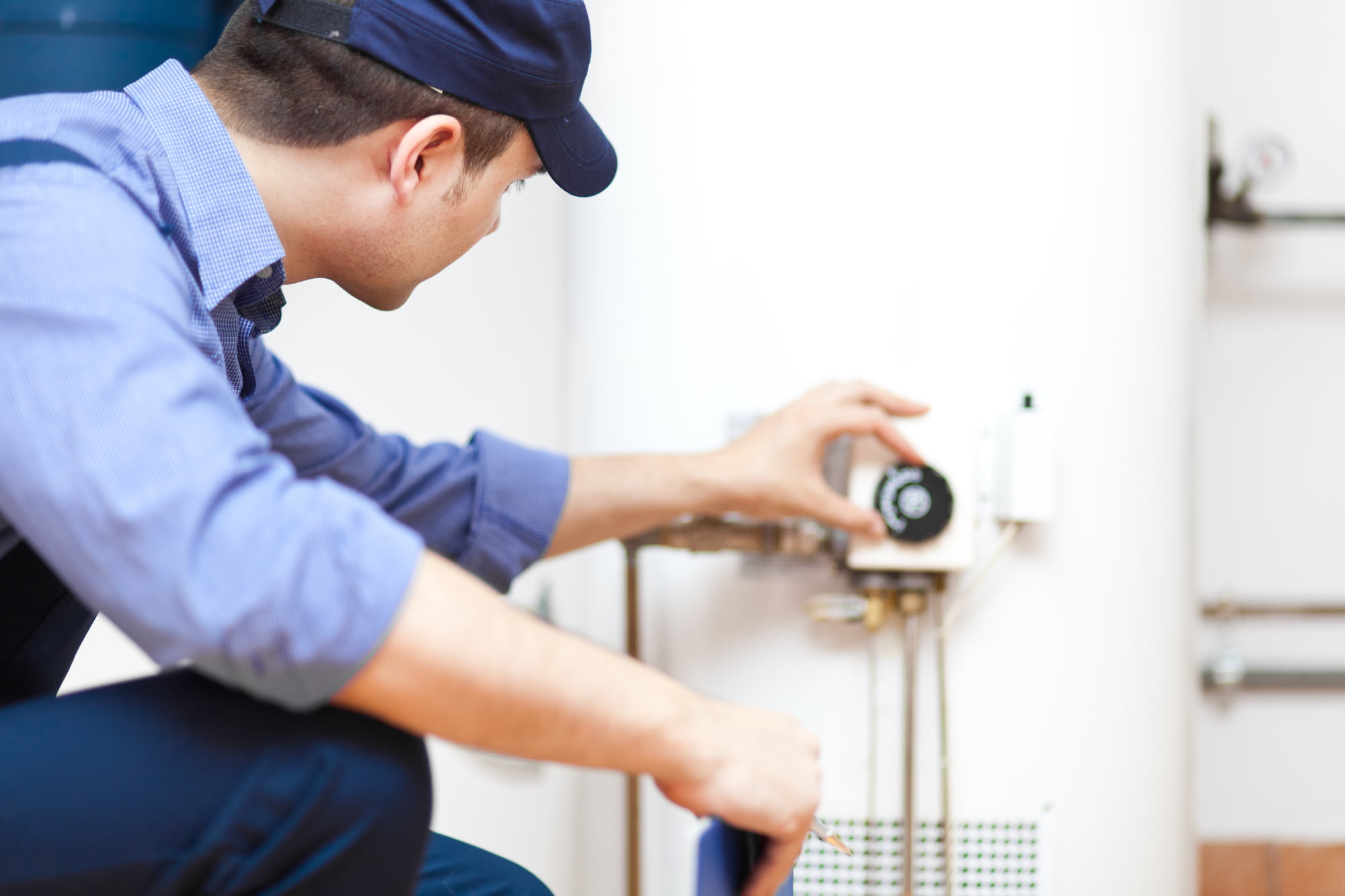Water heater failure isn’t the most fun of endeavors. It can completely disrupt your flow and even your day, from burst pipes to frozen lines.
Thankfully, there are ways to reduce your risk. By choosing the right water heater size, you can plan around the needs of your household in a way that minimizes the chance of failure.
One problem: size can be hard to determine regarding water heaters. Don’t worry– that’s where we come in. Today, we will outline a few factors to consider when choosing your water heater size.
1. Household Size
The size of your water heater will depend on the number of family members using hot water, the daily peak usage rate, and the size of your home. A smaller water heater should meet your needs if your household size is small (1-2 people).
If the household size is larger (3-4+ people), then you may require a larger water heater to ensure that there is an adequate hot water supply for your family. Use a higher flow rate water heater if the home is larger (1000 to 2000+ square feet). The capacity and flow rate should accommodate your family’s daily peak usage rate.
2. Energy Efficiency
Energy-efficient water heaters use less energy to produce the same amount of hot water as their less efficient counterparts, leading to cost savings on your energy bills over the unit’s life. EnergyStar-certified water heaters are designed to reduce energy use. They are independently certified to use 10-20% less energy than standard models.
3. Fuel Type
When selecting the right water heater size, it is important to consider fuel type. Different types of water heaters will have different energy densities, producing different amounts of energy per unit volume.
This means that the size of a tankless water heater you need depends on the type of fuel used. Additionally, some fuel types, such as natural gas, require additional venting or piping requirements to be considered before installation.
4. Climate
The climate is an important factor to consider when choosing the size of your water heater. In colder climates, you will need a larger water heater to keep your home’s water at a comfortable temperature.
In addition, if you live in an area with frequent power outages, opt for a larger water heater capacity to ensure you have hot water during outages. Conversely, a smaller water heater may be enough to meet your hot water needs in warmer climates.
5. Available Space
One of the primary reasons for considering the available space is that certain sizes of water heaters might fit in some places rather than others. For instance, a bigger water heater may need bulkier for a crawl space or attic.
In contrast, a smaller one may not be able to heat enough water for your entire home. Additionally, many water heaters are designed to fit into tight spaces, such as closets and narrow spaces between walls.
Work Out Your Water Heater Size Before Getting One
When selecting a water heater size, consider these top five factors to ensure you make the most efficient, cost-effective choice.
You must also take any necessary heating needs and family size into consideration. To discover the ideal water heater size for your needs, contact a local plumbing expert for personalized water heater installation.
Did you find this article helpful? If so, be sure to check out our blog for more informative content like this.




